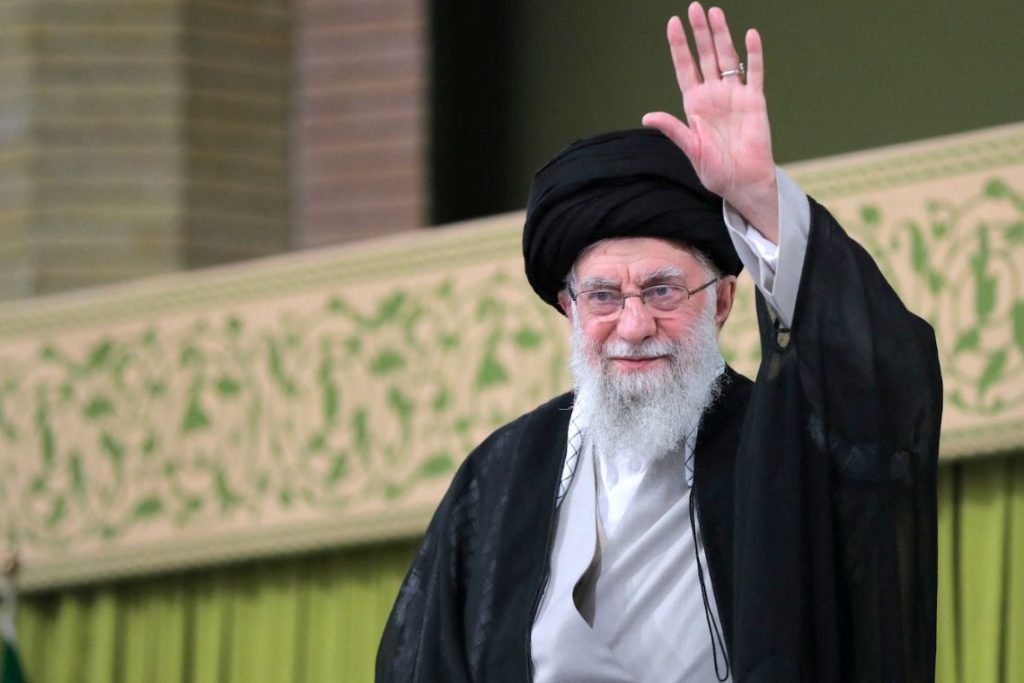TEHRAN – As global tensions escalate following the United States’ recent airstrikes on Iranian nuclear facilities, regional and international analysts suggest that Iran is likely to adopt a calibrated and strategic approach rather than initiate a direct, large-scale military retaliation.
According to Middle East experts, Tehran’s leadership is assessing several response options that range from immediate retaliation to a delayed or indirect reaction through proxy forces. Most agree that Iran will aim to strike a balance between demonstrating strength and avoiding a full-blown conflict with the United States.
Dr. Andreas Krieg, a security analyst at King’s College London, described the US military action as “high-risk” and warned of its unpredictable consequences. He noted that Tehran would likely pursue a “calibrated response—loud enough to resonate, but measured enough to contain.”
Security reports indicate that Iran retains a considerable missile stockpile and access to numerous regional proxies capable of targeting US military installations in Iraq and Syria, such as the Erbil and Ayn al-Asad bases. Analysts caution, however, that any strike on sensitive US positions or Gulf states could provoke a direct counteroffensive by Washington.
So far, Iran’s military posture has remained restrained. While a limited retaliatory missile strike on Israel has been confirmed, Tehran has reportedly refrained from targeting US bases or disrupting maritime traffic through the Strait of Hormuz—actions that could trigger a broader regional confrontation.
Observers also believe that Iran may utilize its strategic partnerships and regional influence to pressure the US through diplomatic and non-conventional channels. However, internal pressures to maintain national sovereignty and project strength could compel the Iranian leadership to take some form of public action.
In a regional context, some foreign policy experts have suggested that Pakistan, maintaining ties with both Tehran and Washington, may be in a unique position to mediate and promote de-escalation. With its established diplomatic channels and its history of engagement with the International Atomic Energy Agency (IAEA), Islamabad could offer a neutral platform for dialogue to help contain the crisis.
The international community continues to watch developments closely, with growing calls for diplomacy and restraint on all sides. The coming days are expected to be critical in determining whether this volatile episode can be defused or whether it will spiral into deeper conflict.
Reported by PakTribune News Desk
All rights reserved.



